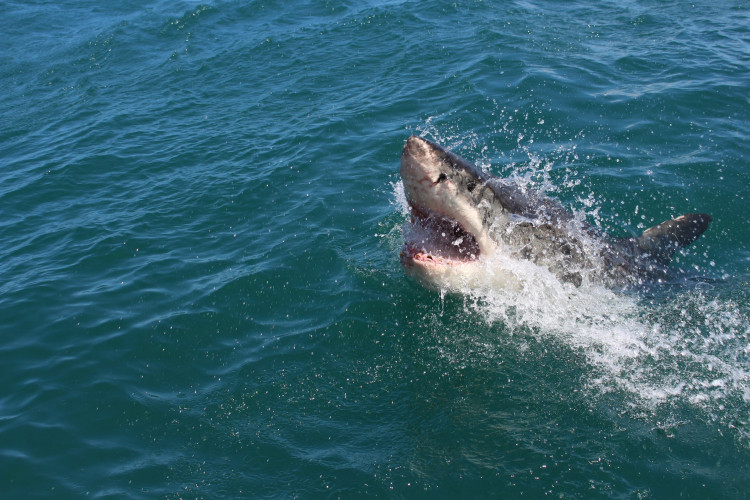If conservationists succeed in gaining more stringent controls at an international wildlife meeting in Panama, Hong Kong's contentious shark fin trade may experience its worst upheaval in years.
After years of activist advocacy, domestic consumption of shark fins has decreased, but Hong Kong continues to be a key trading hub for both legal and illegal shark fins destined for the Chinese mainland and Southeast Asia. The city has one of the largest shark fin marketplaces in the world. Shark fin is regarded as a delicacy by many Chinese cultures and is frequently served as a soup at pricey banquets.
"Last year, over 90% of shark fin imports in Hong Kong were re-exported, and a major market is mainland China," Loby Hau, oceans sustainability assistant manager at WWF-Hong Kong said.
A global agreement on endangered species is used by the city to manage its shark fin trade. As a result, certain fin varieties must have export permits proving they were obtained ethically. Two significant shark families may receive new protections as a result of the most recent conference of the 184-nation Convention on International Trade in Endangered Species of Wild Fauna and Flora (CITES), which got underway in Panama on Monday (Nov. 14).
The suggestions, according to researchers, would preserve a large number of shark species and increase pressure on Hong Kong's law enforcement, which is already combating an increase in the sale of illegal shark fins. A government spokesman told AFP that Hong Kong seized 27.5 tons of shark fins in 2021 and 29.5 tons the year before. The amount was only 6.5 tons in 2019.
According to marine biologists, upwards of 100 million sharks are killed annually, endangering important apex predators and imperiling ocean ecosystems. Typically, the animals have their fins cut off and are then thrown back into the water, where they slowly perish.
As per a 2009 survey, 73% of participants had consumed shark fin in the year prior, but ten years later, that percentage had dropped to 33%. By eliminating shark fin from banquet menus, the government, significant caterers, and image-conscious corporations hope to further their environmentalist credentials. However, business is thriving on Hong Kong's "Dried Seafood Street," where stores proudly exhibit shark fins as trophies behind glass.
Five persons have been charged in Hong Kong during the past five years for importing endangered shark fin without a permit, a crime that carries a maximum 10-year prison sentence and a HK$10 million fine. The government last year added wildlife smuggling to the law against organized crime, although no such prosecutions have occurred. Hau from WWF-Hong Kong urged officials to audit shark fin dealers more frequently and require them to keep records.





